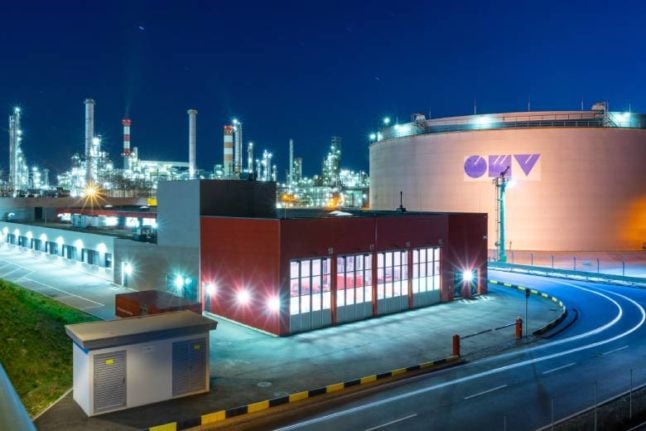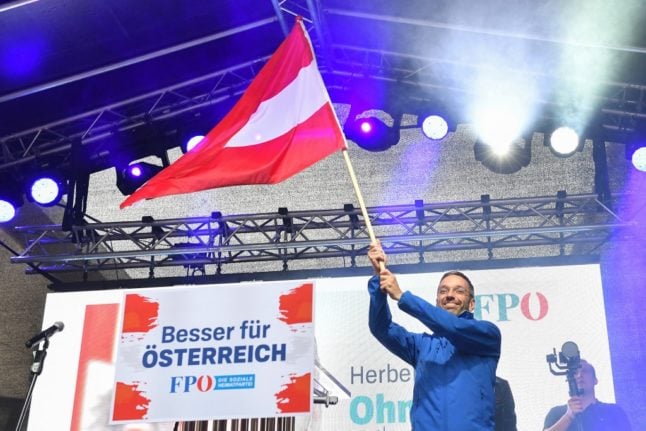Europe has sought to reduce its reliance on Russian oil and gas since Moscow invaded Ukraine. Russia in turn has slashed gas deliveries, causing energy prices to spike across Europe.
Austria imported 80 percent of its gas from Russia before the war broke out in late February.
By October, Russia accounted for just 23 percent of Austria’s gas imports, according to the government, as the country has filled up storage tanks and sought to buy the fossil fuel elsewhere.
Experts, however, say the Alpine nation of nine million is still dependent on it in the long run.
“I think we can be more confident for this winter, for this season, than we were maybe six months ago,” OMV CEO Alfred Stern told AFP on Friday in his modern office with a view over Vienna.
“But the work must go on now, also with a view to the next season,” he added.
He said the energy and chemicals group, which employs more than 22,000 people worldwide, had just signed an agreement in Abu Dhabi to try to secure gas deliveries for next winter.
Russian exit
Following European sanctions on Moscow, OMV froze its investments in Russia and has withdrawn from the Nord Stream 2 gas pipeline project.
“Because of the changed situation, we have decided Russia will no longer be a core region for us. This means we will not invest further there and we will consider all options including sale and exit,” said Stern, the firm’s 57-year-old CEO since September 2021.
An EU embargo on Russian crude goes into effect on Monday, while the bloc also agreed on a $60-a-barrel ceiling on Russian oil exports on Friday.
The embargo will prevent shipments of Russian crude by tanker vessel to the EU, which accounts for two thirds of imports, the rest arriving by pipeline.
OMV – known for its ties with the former Soviet Union from 1968 and for working closely with Russian giant Gazprom until the invasion of Ukraine – operates 1,800 petrol pumps in 10 European countries.
It also develops and produces oil and gas in Europe, the Middle East, Africa, the North Sea and the Asia-Pacific region.
‘Immorally’ high profits
The energy giant announced in October that it recorded a high third-quarter profit thanks to soaring energy prices — with Stern describing OMV’s performance as “outstanding”.
Greenpeace and other activists have slammed the company’s “immorally” high profits.
Stern said profits supported the company as it seeks to reduce its carbon footprint and develop alternatives to oil and gas, saying such changes “didn’t happen overnight”.
He said in the meantime OMV was increasing its investment in gas as a “stopgap measure”, including considering developing an offshore gas field in the Black Sea off Romania.
“I actually see us as part of the solution (on climate change), because large and financially strong companies are necessary to implement such major challenges,” he said.



 Please whitelist us to continue reading.
Please whitelist us to continue reading.
Member comments